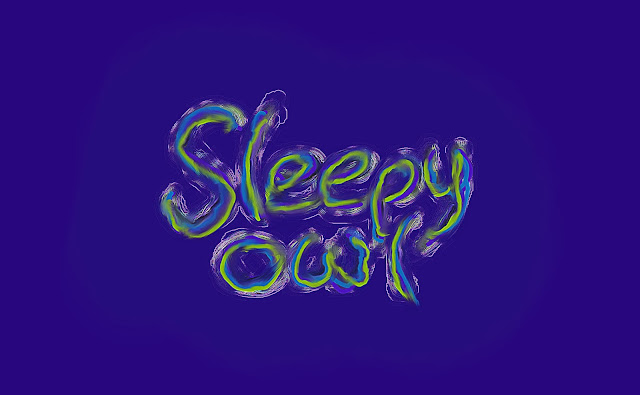Could be, Couldn't Be
Fantasy is split
up into two major sub-genres: fantasy that couldn't be and fantasy that could
be.
I seem to
gravitate towards fantasy that couldn't be, because that's easy to read. It
takes less understanding, less digestive thought and really only requires
reading. To read the words, know what they mean, follow the storyline, root for
the good guys and finish with a general satisfaction of "evil is
vanquished once again."
Fantasy that
could be is a lot harder, both to read and definitely to write. The master of
this is, of course, Tolkien. He created a whole world, languages, cultures,
races, stories, histories - so much information that it begins to feel like
it's more than just a story, it's folklore, it's something that might have
happened long, long ago, when the world was younger and greener.
Writing fantasy
that couldn't be is no simple task either, but it's much easier to remain
surface level with something that you don't need to convince the audience could
exist. Superhero comics were built much more on things that couldn't exist and
have been changing and developing into things that well, maybe could exist, you
never know.
The most
important thing in writing any type of fantasy is to not lose your grip on
reality. Because there must be reality in your fantasy. There must be laws of
the universe. There must be set cultures and rules for how things are done.
There must be an expectancy of following those rules. If your characters are
going to break those rules, then that must also be set up as built into them.
The reader must recognize something in them from the very beginning as
something very real, something to grasp onto, so that when the heavy stuff
starts to happen, you want to go along on this ride with them. Your feelings
are attached to them. You desire to see them succeed. You understand their
hardships, they flaws, and encourage them to fight back.
So even if the
laws of your particular universe don't match up with this one, they must not
change to suit the plot or the character, instead, the plot and characters must
work with the universe. Fantastical things can happen, but they must reside
within what has been established as possible.
The same goes for
the characters. If your protagonist has always had a fear of fire, you cannot
change that to suit your plot. You can build up the protagonist so that
eventually he/she finds the courage to face his/her fear, but you cannot change
them without the reader knowing. It throws everything off, the entire look of
the story has changed, the protagonist loses that grip on reality as all
becomes boring.
Yes, boring.
Stories are not an escape from this reality, they are a chance to explore a new
one. It might be fantastic, it might not, but either way, it is, and must feel,
real. If the author doesn't believe it, how can the reader?

Comments
Post a Comment